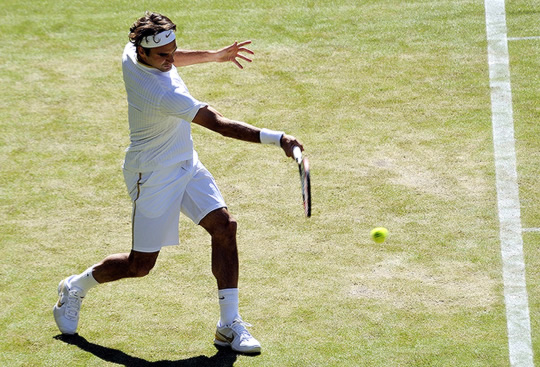Could the famous ‘10,000 hours’ rule be wrong?
For elite athletes, practice only accounts for 1% of the difference in how they perform, new research finds.
Outside sports, practice may have surprisingly little to do with performance.
It flies in the face of the old axiom that ‘practice makes perfect’.
The researchers also found that it didn’t matter how early in life the athletes started their sport.
Dr Brooke Macnamara, lead author of the study, said:
“While practice is necessary for elite athletes to reach a high level of competition, after a certain point, the amount of practice essentially stops differentiating who makes it far and who makes it to the very top.”
The results come from an analysis of 52 separate studies on the relationships between performance and practice.
Practice mattered more at levels below the elite, but still not as much as many might imagine.
Across all skill-levels studied, practice accounted for 18% of the difference in performance.
Dr Macnamara said:
“Human performance is incredibly complex.
Multiple factors need to be considered, only one of which is practice.”
The idea that 10,000 hours of practice is enough to create an expert or elite athlete could be mistaken, Dr Macnamara thinks:
“The concept of 10,000 hours taps into the American ideal of hard work and dedication leading naturally to excellence.
But it does not account for the inherent differences across people and across sports.”
Early specialisation in one particular sport was not an advantage, the researchers found.
“People and parents who buy into the 10,000-hour rule can push early specialization in a sport, leading to physical or mental burnout before it’s clear that a child even has a penchant for that sport.”
Other factors thought to be important over and above practice include:
- performance anxiety,
- working memory,
- confidence,
- fast-twitch muscles,
- and maximum blood-oxygenation.
Dr Macnamara said:
“As we look at multiple factors, I don’t think we’ll ever be able to–with 100 percent certainty–predict someone’s performance in any activity, not just sports.
But we can do better than we’re doing now.”
The study was published in the journal Perspectives on Psychological Science (Macnamara et al., 2016).
Image credit: Justin Smith

